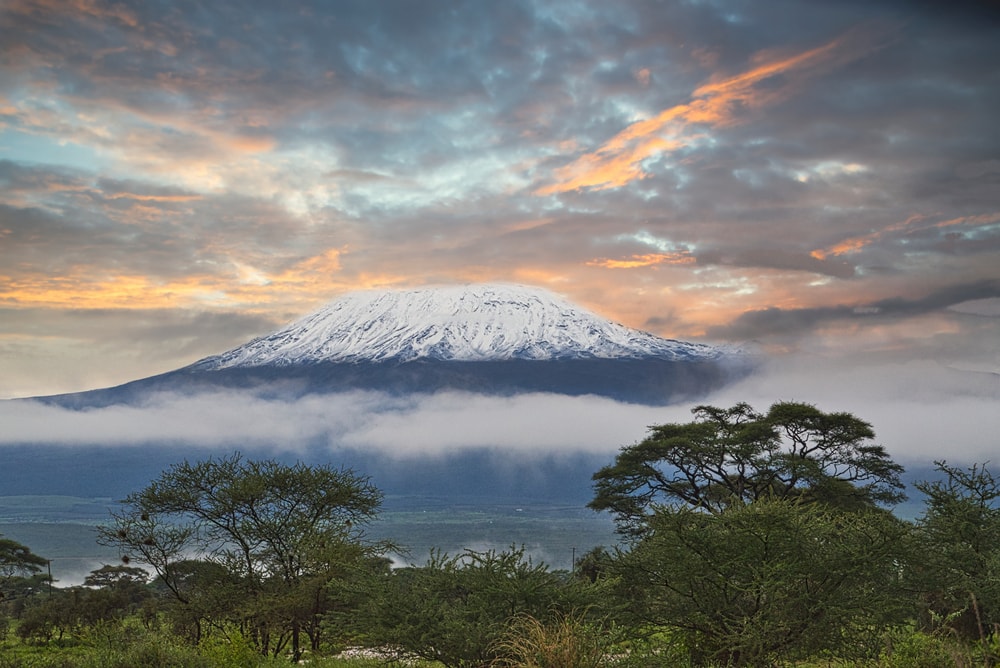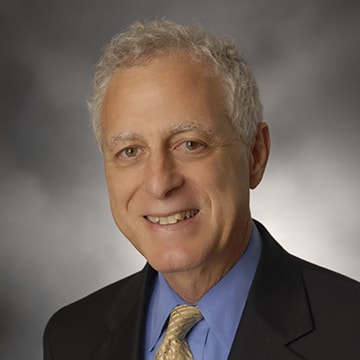Renowned physician David Sklar tells us about the travel that changed him and why it’s taken him 40 years to write about what happened
David Sklar has faced life-or-death situations dozens, if not hundreds, of times in his life and career. As an emergency physician, he has seen humanity at its weakest – and its most triumphant. His experience has led to over 200 published articles, a professorship and an appointment as editor-in-chief of prestigious journal Academic Medicine – a position he held for seven years.
David has saved many lives, but there is one that stands out in his memory. As a young med student in the 70s, David joined a group of tourists on Kilimanjaro, the highest mountain in Africa at 5,895m (19,340ft). During the climb, a fellow trekker fell gravely ill, forcing David to confront what he was willing to do to save the life of a stranger.
Forty years later, David has fictionalised this experience in his upcoming novel, Moonstone Hero. We sat down with David to ask how his experience on Kili changed him and why it’s taken him so long to talk about what happened.
Tell us about the travel that changed you
When I was a medical student in the 1970s, I went to Tanzania as part of my obstetrics and gynaecology training. The women I cared for often lacked prenatal care and experienced serious complications that might have been prevented. I found myself doubting my own fitness as a future doctor, and during a brief vacation from the training I decided to travel up to Mount Kilimanjaro where I hoped I would have an opportunity to climb the mountain and gain some perspective on my medical education, my priorities and the challenges ahead.
The others in my climbing party were from all over the world and each had come to Mount Kilimanjaro for different reasons. They all were young and appeared fit, but as we got higher and higher up toward the peak, most began to experience symptoms of high altitude mountain sickness – nausea, headache, cough – and one of them became so sick that he seemed like he would die if we did not evacuate him.

The situation deteriorated in the middle of the night and I had to face the decision of what I was willing to do, since there were no first aid supplies. I decided we needed to get the young man down to a lower altitude without knowing if he would be able to walk. In…
Click Here to Read the Full Original Article at Atlas & Boots…
